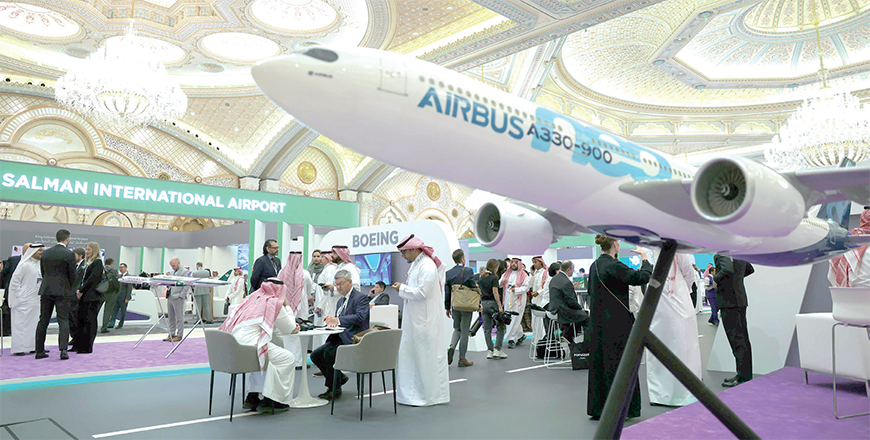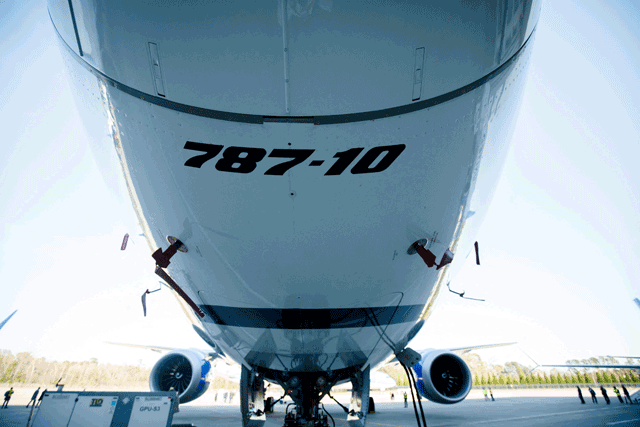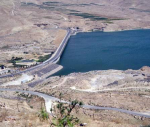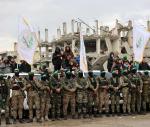You are here
Saudia Group in 'landmark' deal for 105 Airbus planes
By AFP - May 21,2024 - Last updated at May 21,2024

Saudis and foreign delegates attend the Future Aviation Forum in Riyadh on Monday (AFP photo)
RIYADH — Saudi Arabia's Saudia Group will buy 105 Airbus planes, the company said on Monday, hailing it as the biggest aircraft deal in the country's history.
Saudia airline will receive 54 A321neo aircraft, while budget offshoot flyadeal will acquire 12 A320neo and 39 A321neo planes, they said in a statement.
The deal is valued at $19 billion, according to a separate statement from the Future Aviation Forum, the conference in the Saudi capital Riyadh where the deal was announce.
"This landmark agreement encompasses 105 confirmed aircraft and marks a significant moment not only for the Saudi aviation industry but also for the wider MENA region," the Saudia statement said.
The purchase, described as "the largest aircraft deal in Saudi aviation history", marks a further investment by Saudi airlines more than a year after new carrier Riyadh Air was unveiled.
Saudi authorities have also announced plans for a large new airport in the capital Riyadh capable of accommodating 120 million passengers a year.
Prior to the deal announced Monday, Saudia had a fleet of 144 aircraft while flyadeal had 32.
Saleh Eid, vice president of fleet management and agreements at Saudia, told AFP that deliveries would start in 2026 and continue until 2032.
Jeddah-based Saudia, also known as Saudi Arabian Airlines, dates to 1945 when it received its first jet, a gift from US president Franklin Roosevelt.
Crown Prince Mohammed Bin Salman sees aviation as a key component of his "Vision 2030" reform agenda to remake the petroleum-centred economy, aiming to more than triple annual traffic to 330 million passengers by the end of the decade.
Vision 2030 "motivated our decision to secure this significant deal, which will create jobs, increase local content and contribute to the national economy", Saudia Group director general Ibrahim Al Omar said in the statement.
Rapid expansion
Aviation contributed $20 billion to the Saudi economy in 2023, according to a report published on Monday by the Saudi General Authority for Civil Aviation.
"Aviation supports 241,000 jobs, and a further estimated 717,000 jobs in the tourism sector," the report said.
Steven Greenway, chief executive of flyadeal, told AFP the aircraft order announced on Monday was "really a confirmation of how quickly the market is growing and our ambitions to support it".
Currently flyadeal has a mix of 80 per cent domestic flights and 20 per cent international, but "that will change to 50-50 over the next couple of years where we start expanding internationally", Greenway said.
Last year Saudia announced a deal to buy 39 Dreamliner planes from Boeing with options for 10 more.
Newcomer Riyadh Air had also announced an agreement to buy 39 Boeing Dreamliners, with options for 33 more jets.
Despite ongoing problems at Boeing, which has reported a string of financial losses and has significantly slowed its delivery of new jets while it addresses quality control issues, Riyadh Air is still expected to start flying in the summer of 2025, chief commercial officer Vincent Coste told AFP.
Approximately 10 destinations will come online by the end of that year, Coste said, with more than 100 targeted by the end of the decade.
"We'll pretty much open an average of two destinations every month, during five years, which has never been achieved before," he said.
Saudi Arabia is also launching NEOM Airlines, to be based in the planned megacity.
The Saudis are moving into a crowded Gulf market.
Dubai, in the neighbouring United Arab Emirates, has Emirates, the Middle East's biggest airline, and the world's busiest airport for international passengers.
Qatar, another Gulf air hub, is expanding capacity at Hamad airport to 70 million people a year and increasing routes for Qatar Airways.
But Greenway from flyadeal said he had no doubt Saudi Arabia's growth could continue.
"The country has only just opened up over the past couple of years, so you're only just starting to see the tip of the iceberg in terms of the potential of the market," he said.
"There's still a long way to go."
Related Articles
RIYADH — Undeterred by a crowded Gulf market, Saudi Arabia is going all in on an aggressive aviation expansion, with a massive jet order and
PARIS — Singapore-based BOC Aviation has ordered 80 A320neo family planes from Airbus, the European manufacturer said on Monday.The contract
RIYADH — Saudi Arabia's new national airline plans more aircraft orders as it prepares to operate its first flights in early 2025, its CEO t
















